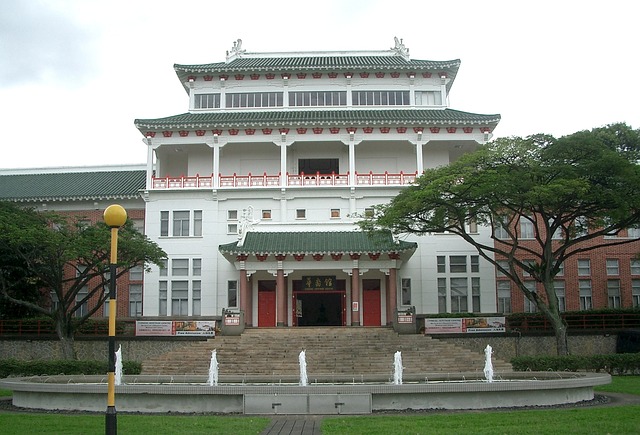Singapore’s education system is considered a successful one. OECD conducts the PISA assessment for international students in which many countries participate. PISA stands for Program for International Student Assessment. The important thing is that these students are tested for a variety of subjects during this assessment test. Singaporeans students were the best among all in 2016. You have to say that Singapore education system must be doing something right for its students to perform so well in this international assessment. Here are a few things you should know before you take your family to Singapore for a complete lifestyle change.
The Particulars of Singapore Education System
Grades and Years of Education
The first thing you have to know about Singapore education system is the many different types of grades and how long they last for your child. The education for your child can begin at an early age of 3 years. At this stage, you will be sending your child to a pre-school. Now, it has to be kept in mind that these are not government funded or supported institutes. So, if you decide to send your child to such a school, you have to be prepared to shell out some money. How much money you have to pay for this type of schooling depends on the institute.
If you pick a well-known institute in the town, you will have to pay a big fee for your child. You have to keep in mind that this type of schooling is solely your choice. It is an optional schooling choice that you can skip if you want. If you want to send your child to pre-school but keep the fees on the lower side, you should search and pick the pre-schools funded by charities. This type of schooling should last for not more than three years for your child.
Once completed, your child will have to pass through the primary schooling. Primary school is an integral part of the Singapore education system. It is compulsory education and the best part is that you do not have to spend any money on the primary education of your child.
Secondary schooling begins after your child has completed primary education, which is supposed to end by the time he/she is 12. Your child has to pass five additional grades to complete the secondary education.
After this, your child can complete two to three years of pre-university education and then get placed in the university based on the marks obtained in pre-university assessment tests.
The Semester System
An important part of Singapore education system is the semesters. However, they are more strictly followed in the government schools. Private schools might and might not follow the same schedule. The education cycle begins with the start of the year. Near the mid of the year, you have a break. In the Singapore education system, you will usually take a break from education in June. Your semester starts again in the month of July. It then continues until December wherein you might get two weeks of holidays for winter break.
If your child is going to a private school, you might see more vacations during the summer time and longer breaks in the winter season as well.
The Cost Structure
As mentioned above, you have to pay the full fee of education for your child during the pre-schools. These schools are not necessarily a part of the Singapore education system. However, it should not give you an impression that they are illegal. They are completely legal, but usually they are privately owned and run.
If you are sending your child to a purely government funded primary or secondary school, the fees are going to be extremely small for you. However, some independent schools can charge additional fees as well. Private schools are a completely different game i.e. they have their own fee structure and can be expensive. The government schools in the Singapore education system are the most affordable with only a few miscellaneous fees to be paid by parents in addition to any transportation, uniform, and stationery costs.
Final Thoughts
The Singapore education system has proven to be quite successful. You will not say that it is very unique or tech-oriented, but it works because of a perfect system created by government funded and private schools. While it has been performing well, it does need a few adjustments and improvements, especially when it comes to secondary education where the schooling system can get quite complex. Refer to this image of the schooling system from the Ministry of Education of Singapore.
